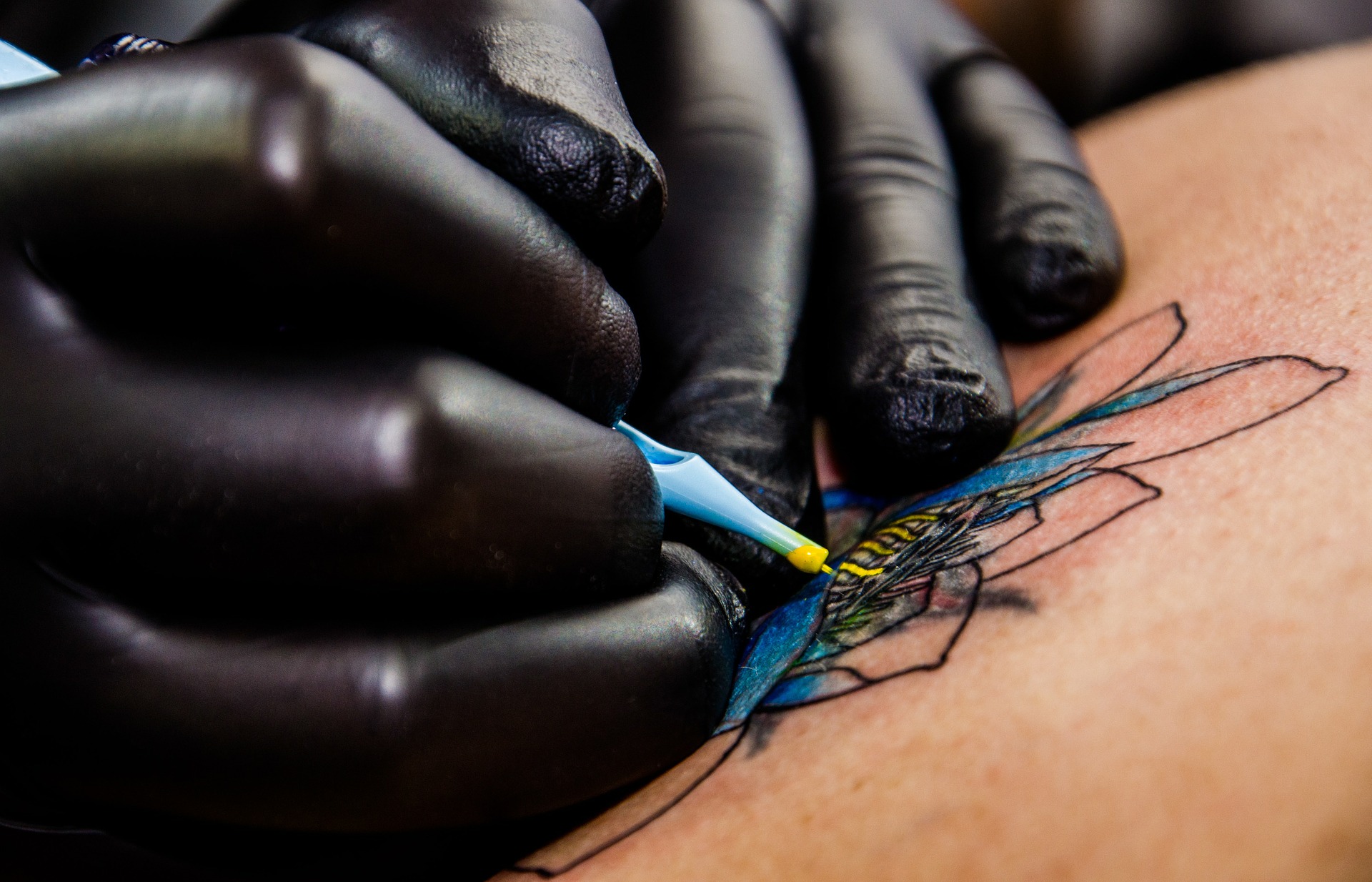What to do if your tattoo goes wrong
02-12-2019
Tattoos have never been more popular, and when created by truly skilled tattoo artists, are genuinely astonishing and beautiful works of art.

02-12-2019
Tattoos have never been more popular, and when created by truly skilled tattoo artists, are genuinely astonishing and beautiful works of art.

However, not everyone who wields a tattoo machine is as good as they’d like to think they are, and the sheer number of truly awful tattoos is just as high as the examples of good ink. There’s also the concern that some tattoo parlours that are less than scrupulous about their hygiene can put clients at serious risk of infection. In a worst-case scenario, a bad tattoo could lead to sepsis. Infected or poorly executed tattoos that scar the skin might be classified as ‘Negligence’ and as with any other personal injury, you may be entitled to make a claim for compensation against the tattooist.
When could I make a claim for negligence?
If you can prove that a tattoo artist has not taken enough care to prevent infection, or did not provide the necessary aftercare and advice on how to look after a fresh tattoo, then you may be able to make a claim for negligence. It’s important to take photos of the tattoo, and any resulting infection issues, as well as gathering evidence from your GP that the tattoo has become infected as a result of the poor hygiene practices of the tattooist, and not because you simply didn’t look after it properly.
Infections can happen during the tattoo process, or during the time the tattoo takes to heal (usually around two weeks). We’re talking about an ‘open wound’ here, so if your tattooist doesn’t treat the tattoo correctly (and that includes telling you in detail how to care for the tattoo over the coming days and weeks) then there’s a high risk of infection.
Age limits
If you’ve ever had a 16-year-old who wanted to get ‘inked’ then you’ll know (if you went to a reputable artist) that it’s illegal for a tattooist to tattoo anyone under the age of 18, even if the parents have consented.
What about a bad design?
You’ll find that most compensation claims will be related to physical injury or illness as the result of an infected tattoo, rather than poor workmanship. While under the Supply of Goods and Services Act all suppliers of services should be delivering them with ‘reasonable skill and care’, it can be very tricky to say whether or not a tattoo constitutes a failure of this requirement. To be fair, it is up to the person seeking the tattoo to do some research first. If you want to make sure your tattooist is skilled at the kind of design you want, then ask to see their portfolio before you sit down in the chair so you can be sure they’re capable of creating the design you want. Any decent tattooist will be happy to do so. If they refuse, walk away.
However, if you’re not happy with the result then you should talk to the studio and explain what your issue with the design is. They may agree to offer you a refund or work on the tattoo to bring it up to your expectations at no extra cost. If they’ve made a clear error and it’s not your fault (e.g. you supplied an incorrect spelling) then you can demand reimbursement and ask for ‘reasonable’ costs to get it fixed.
What about tattoo removal?
Tattoo in haste, repent at leisure… if that tattoo is just so bad you want it gone, then the only two options you have are either talking to a tattooist about a ‘cover-up’ tattoo, or having laser tattoo removal.
The use of lasers is a high-risk operation and can sometimes go wrong. As with any form of ‘plastic’ or corrective aesthetic surgery, you may be able to claim compensation if the process leaves you worse off than when you started. If someone is using unregulated equipment or uses the equipment incorrectly and damages the skin, then you may be able to pursue a compensation claim.
If you’ve had a bad tattoo experience, or your laser tattoo removal left you in pain, scarred, or burned as a result of improper procedure, talk to one of our lawyers specialising in personal injury compensation claims.